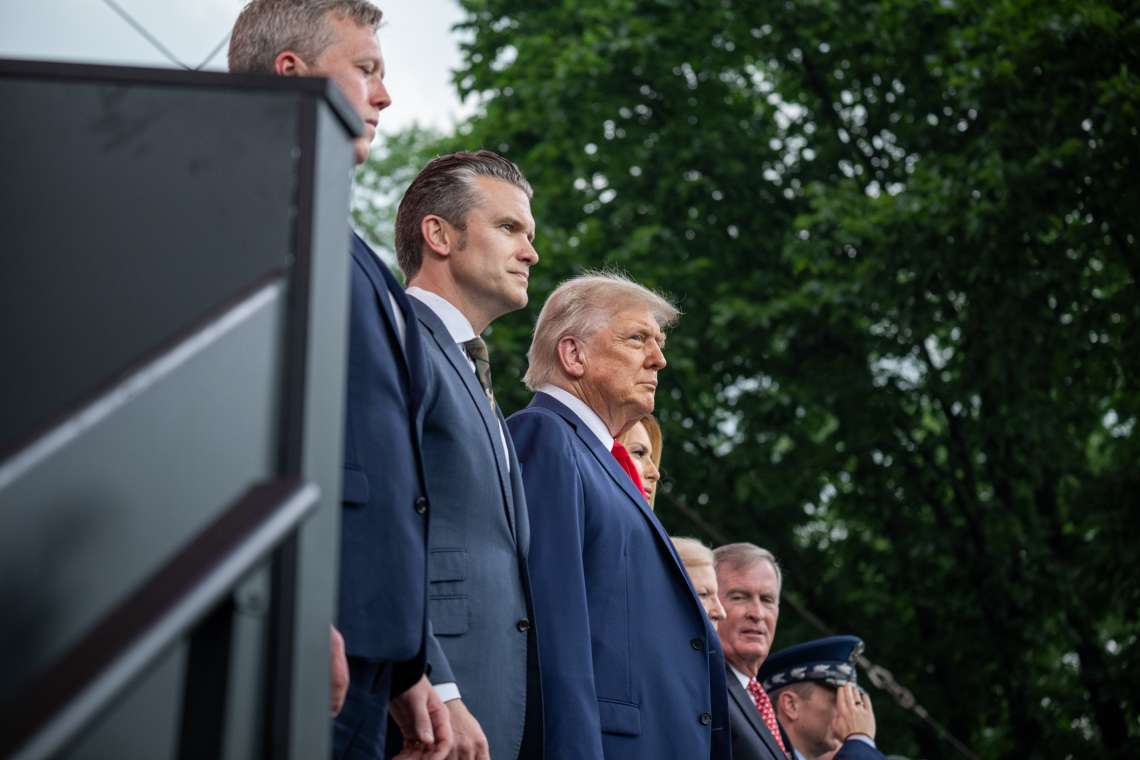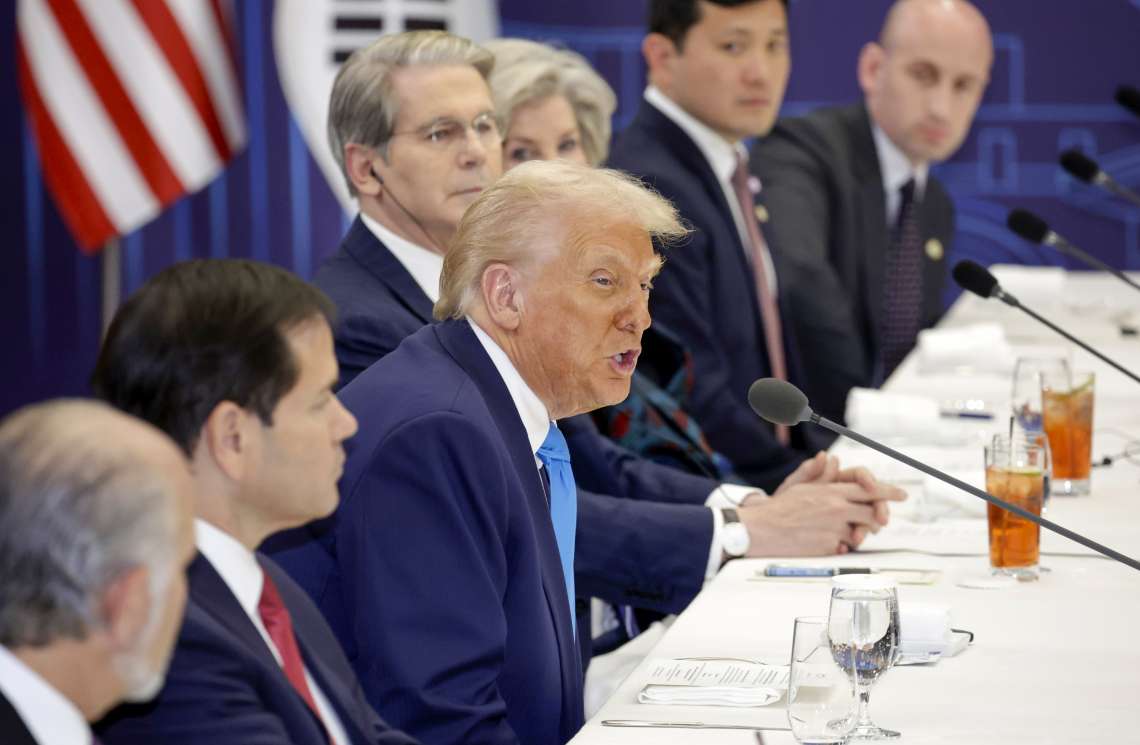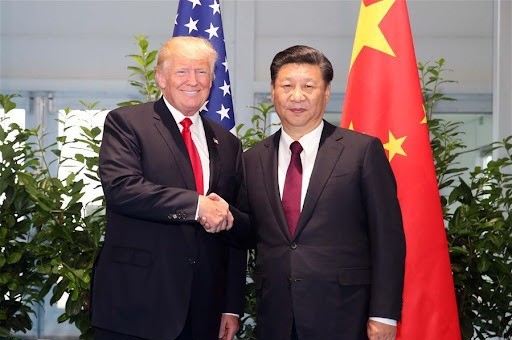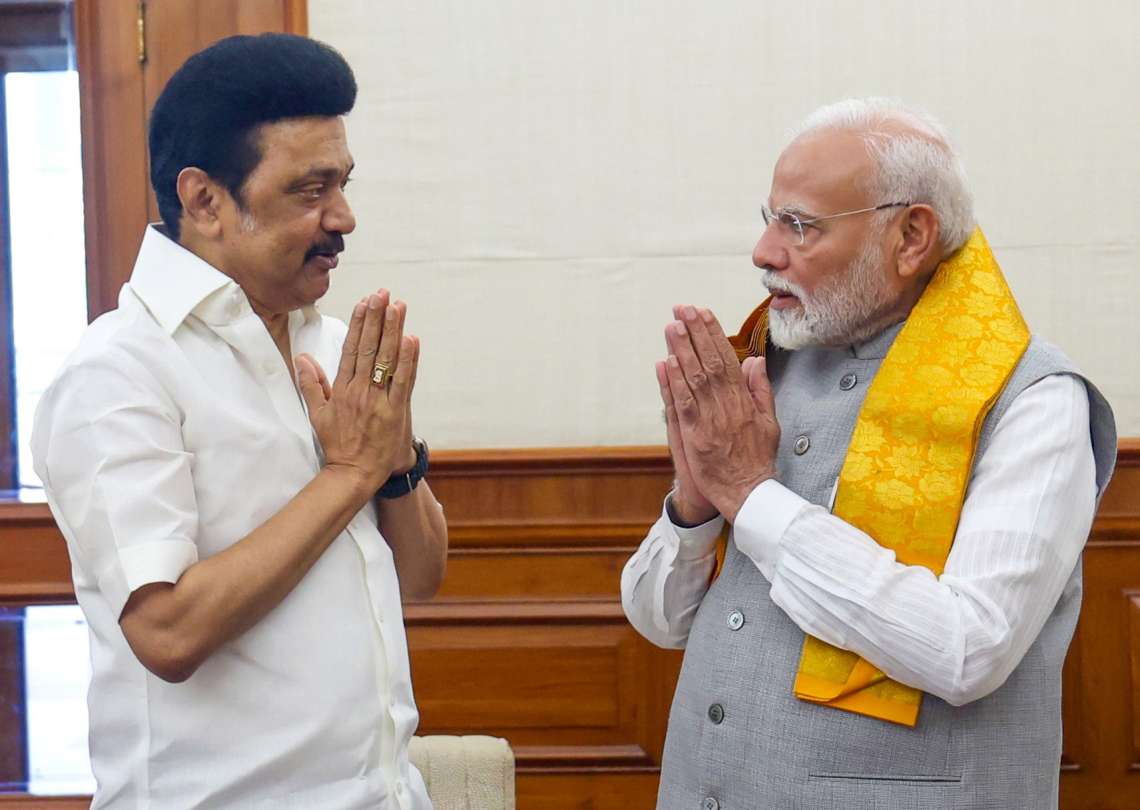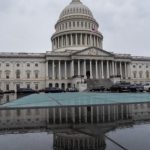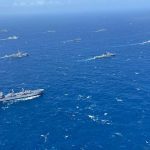Trump escalates America’s global war on drugs, naming 23 countries – including Pakistan, China and India – in a narcotics watchlist.
US President Donald Trump has sharpened his administration’s focus on the global war against drugs, naming 23 countries as either major drug transit hubs or illicit drug-producing nations. The move, announced in a “Presidential Determination” submitted to Congress, underscores Washington’s claim that the international narcotics trade remains one of the biggest threats to American lives and national security.
The list includes Afghanistan, China, India, and Pakistan, alongside Latin American and Caribbean nations long associated with drug trafficking routes such as Colombia, Mexico, Peru, Jamaica, and Venezuela. The Bahamas, Belize, Bolivia, Burma, Costa Rica, the Dominican Republic, Ecuador, El Salvador, Guatemala, Haiti, Honduras, Laos, Nicaragua, and Panama complete the roster.
Significantly, Trump singled out Afghanistan, Bolivia, Burma, Colombia, and Venezuela as countries that had “failed demonstrably” in the past year to uphold obligations under international counter-narcotics agreements or to take adequate domestic measures against the drug trade. These designations, analysts say, could pave the way for stronger sanctions or increased US military involvement in affected regions.
At the same time, the Presidential Determination emphasised that being named on the list was not necessarily a reflection of a government’s cooperation with the United States. Instead, factors such as geography, commercial links, and economic vulnerabilities often create fertile ground for narcotics networks, even in countries pursuing rigorous enforcement. “A country’s presence on the list is not necessarily a reflection of its government’s counterdrug efforts,” the document read.
The announcement comes against the backdrop of rising enforcement actions worldwide, including India’s recent success in dismantling a sophisticated international drug cartel. Acting on intelligence, the Narcotics Control Bureau (NCB) intercepted a vehicle near Bengali Market in New Delhi, uncovering a network that stretched across four continents. The syndicate allegedly used encrypted platforms, cryptocurrency payments, and drop-shipping models to smuggle controlled medicines from India to the US, Europe, and Australia.
The US Embassy in New Delhi publicly thanked Indian authorities, saying: “Thanks to NCB and Indian authorities for helping protect Americans against illegal drugs and saving American lives!” The acknowledgement highlights growing international cooperation in disrupting the flow of narcotics.
But while Washington has sought allies abroad, President Trump has also authorised increasingly aggressive unilateral action closer to home. On Monday, he revealed that US military forces had struck a second alleged Venezuelan drug boat in international waters, killing three men onboard. Posting on social media, Trump said the operation targeted “extraordinarily violent drug trafficking cartels and narcoterrorists in the SOUTHCOM area of responsibility.” He added that such groups “pose a threat to US national security, foreign policy, and vital US interests.”
A video clip released with the statement, marked “unclassified,” appeared to show a vessel engulfed in flames, though the location remained undisclosed. The strike followed a more lethal US attack on 2 September, when military forces intercepted another vessel allegedly linked to Venezuela’s Tren de Aragua criminal network, killing 11 people on board.
Caracas has vehemently rejected Washington’s actions. Venezuelan President Nicolás Maduro denounced the first strike as “unlawful” and accused the US of fabricating drug-trafficking allegations as a cover for regime-change attempts. Maduro has repeatedly asserted that Venezuela neither cultivates coca nor produces cocaine, framing the US operations as violations of international law and his country’s sovereignty.
“The channels of communication between the United States and Venezuela have been severed by Washington,” Maduro told reporters this week, blaming what he described as “threats and blackmail” from the Trump administration. He argued that Venezuela was exercising its right to defend itself against political, diplomatic, and potential military aggression, while insisting that the country had “managed to preserve peace” despite US provocations.
The US, however, continues to characterise Venezuela as one of the world’s most problematic drug hubs, citing the influence of regional cartels and corruption within the Maduro government. Analysts believe Trump’s twin strategy of naming and shaming countries through his Presidential Determination while authorising direct military action reflects a deliberate hard line intended to bolster his domestic image of toughness against drugs and international crime.
Critics argue that unilateral US military strikes in international waters risk heightening tensions in Latin America, particularly with countries like Venezuela already at loggerheads with Washington. Supporters, however, contend that the bold actions show a commitment to dismantling the drug trade at its roots and preventing narcotics from reaching American shores.
With both the designation list and the strikes, Trump has signalled that his administration views the drug trade not merely as a criminal challenge but as a geopolitical threat. As global cartels adapt with digital technologies and cross-border financing, Washington appears determined to keep drugs at the centre of its foreign policy agenda, even at the cost of escalating diplomatic disputes.


